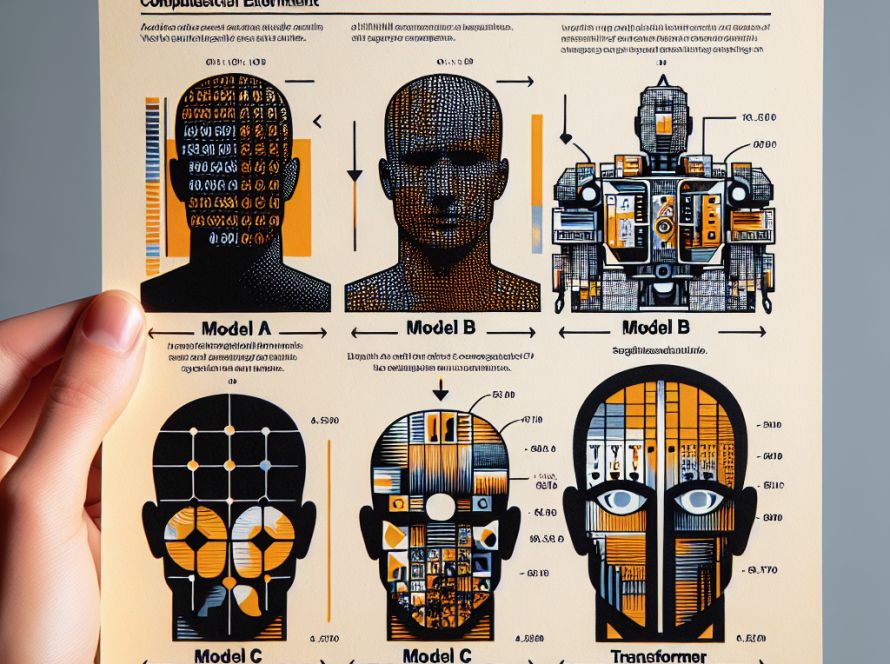In our growing healthcare landscape, innovation has transitioned from a buzzword to a crucial aspect in enhancing patient outcomes and operational efficiency. We had an insightful discussion with Jason Hill, MD, Innovation Officer at Ochsner Health, on his guiding principles, philosophies about AI, and its impact on care delivery.
We discussed various aspects of AI like adoption trends, focusing on people and workflows, regulation, patient care, safety, and ethics. We discussed lessons learned from innovation, its success, and failures. Dr. Hill highlighted that welcoming failure as a path to learning is critical to navigating unknown challenges with new technologies. He paraphrased Thomas Edison, whose experimental failures led to the final successful design of the light bulb, indicating that such a mindset is crucial for a successful innovation journey.
Dr. Hill further emphasized AI’s instrumental role in healthcare innovation, especially in the 2024 context. He revealed that most technological advancements they’re experimenting with has some AI component as part of it. Ochsner has launched an AI Center of Excellence that incorporates several specialties to address AI safety, bias, and equity.
However, Dr. Hill pointed out that AI isn’t transformative in itself. Instead, its true potential emerges when it is integrated into workflows. The success of AI heavily relies on the right mix of people, processes, and effective technology integration nurtured harmoniously. They utilize a prudent strategy when selecting teams for scaling and piloting AI initiatives, keeping in mind that change-resistant or fatigued departments have lower chances of success.
While integrating AI, the presence of unique risks necessitates the need for dedicated governance bodies with deep expertise in their respective areas. Dr. Hill emphasized that AI is trained similarly to an employee rather than being programmed, making ethical training critical. He referred to the example of self-driving cars that initially ran stop signs due to their programming based on real driver behavior, emphasizing the need for meticulous testing and governance.
AI’s influence on patient care is significant as well. Hill, as a practicing hospitalist highlighted that although AI’s direct impact on patients may sometimes be unnoticeable, its role in other aspects such as revenue cycle management and supply chain logistics significantly enhance patient care. AI ensures accurate capture and coding of patient data, better standardization, and adherence to evidence-based care. Also, AI opens up opportunities in pathology, radiology, and patient-doctor interactions, unlocking valuable data, streamlining processes and improving clinical meetings.
The conversation with Dr. Hill offered comprehensive insights into clinical AI’s transformative potential, the importance of learning through failures and fostering innovative solutions. The role of AI is central in healthcare, and its applications are expanding rapidly. Ethical considerations and governance are important factors to ensure AI enhances patient care and clinical workflows rather than hindering it. Dr. Hill’s insights guide us on how to integrate AI in healthcare most effectively and responsibly.
For more insights from industry experts like Dr. Hill, follow our series “Lessons From the Inside”.


